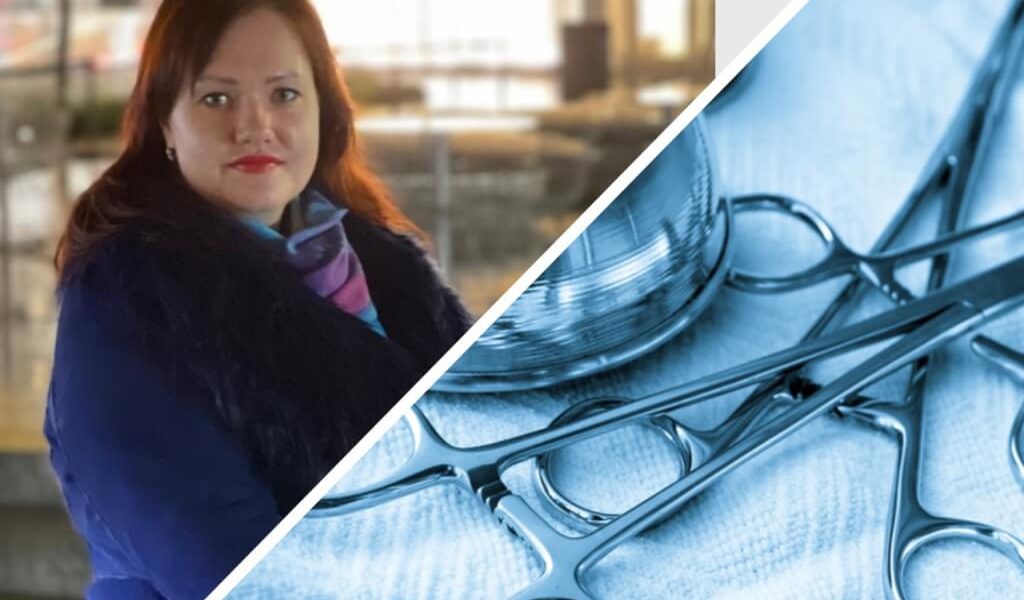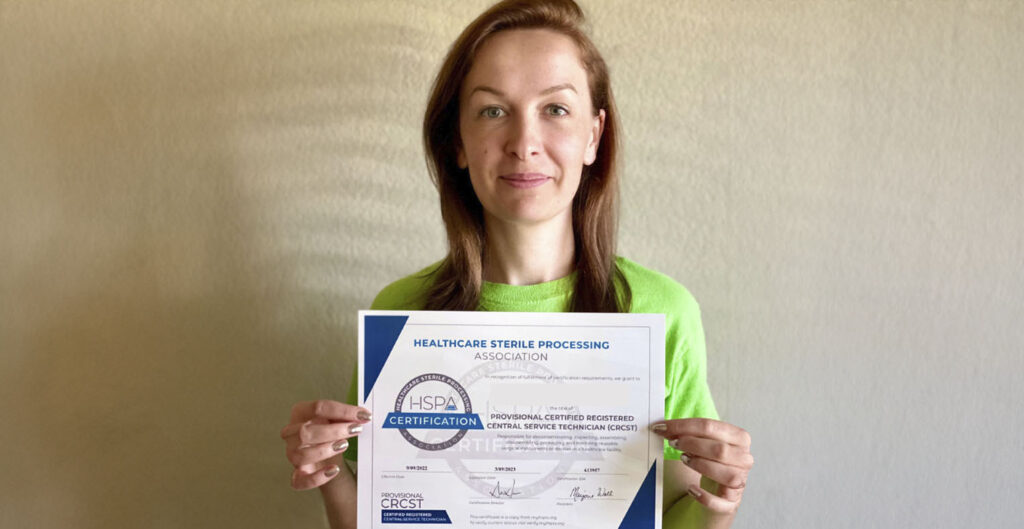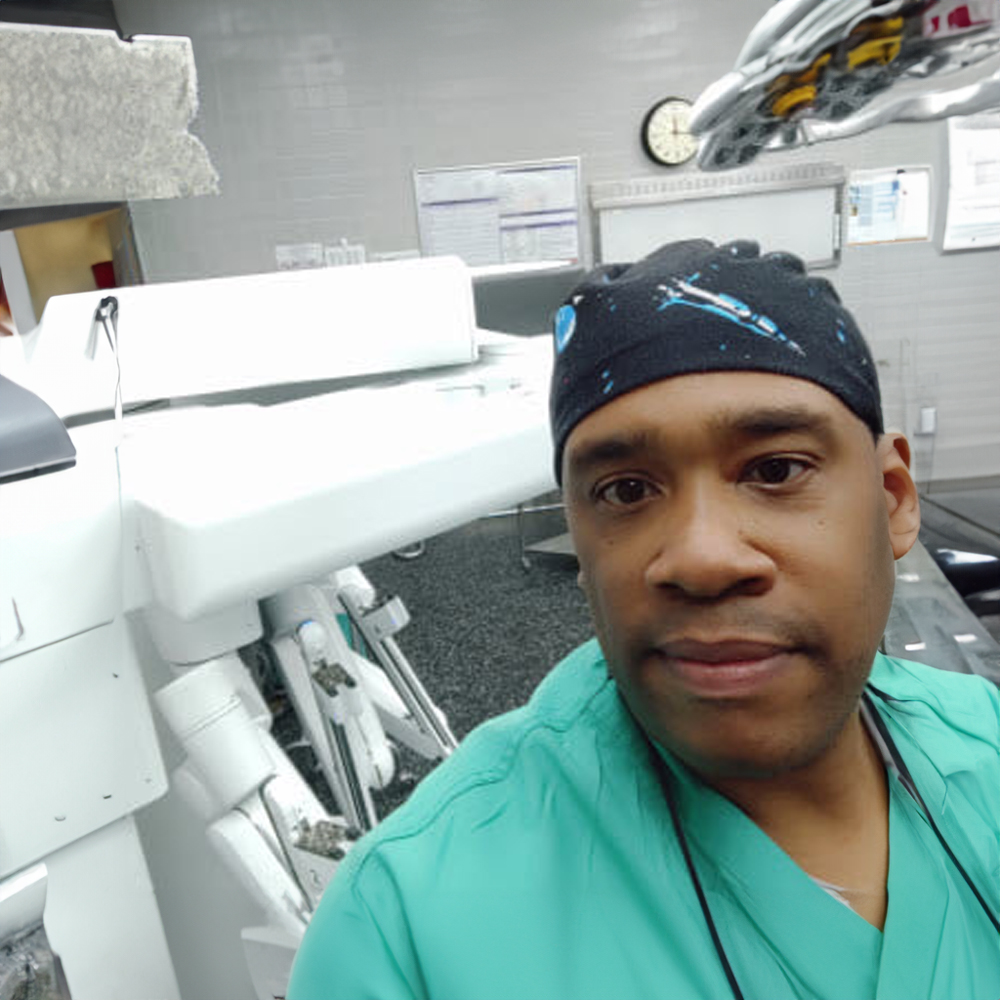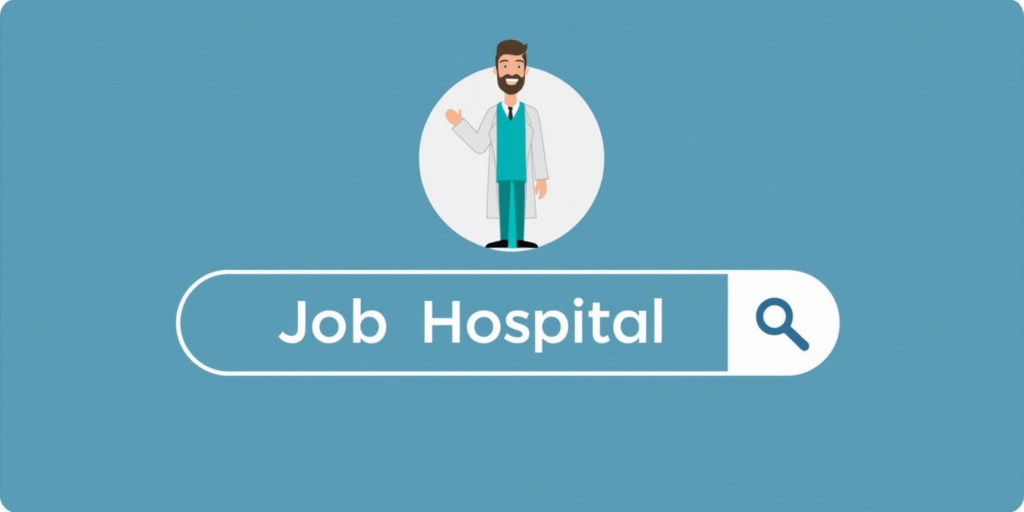Moving to America. Sounds sweet – almost like winning a million dollars. But such things are simple and pleasant only in dreams. In fact, you need to learn how to manage a million so as not to squander everything in a couple of months, and moving to America is a host of new problems: housing, work, adaptation, and so on. Further – from the first person.
As a regular immigrant, I know firsthand how hard it is to start over and settle in a new country. In 2008, I came to America from Astrakhan to study, travel, fulfill my old dream – to look at Niagara Falls. I had a J2 non-immigrant visa and good English (thanks to the Department of Linguistics at URAO – University of Russian Innovative Education). I planned to earn some money and go back to Astrakhan.
I wanted to make money cleaning, and I did pretty well. So good that after a few months I decided that I wanted to stay in America. First, I applied for a tourist visa. Then there were many difficulties, but in the end, in 2020, I met my love and got married. Thanks to marriages, she received legal status in the United States and a work permit. I continued to clean, but now, with legal status in America and confidence in my future in this country, I wanted more. I didn’t even have to dream about college – a 14-hour working day and a small child did not leave time for a full-fledged study. My husband supported my desire to develop, but there was no question of leaving work for the sake of getting an education – our family budget could not bear it.
In general, I started looking for courses for those who have little free money and time, but at the same time I wanted to master a profession that would be in demand. Google understood my desires and slipped ads Multiprep schools. It offers a short preparatory program for the CRCST (Certified Registered Central Service Technician) examination for the sterilization of medical instruments. The specialty intrigued me.
The offer perfectly matched my needs – the course is inexpensive, the CRCST certificate is valid in all states, you only need to study for two months, and then you can count on a good salary from the start (beginners are paid $ 23 per hour, and after 3-4 years – $ 30-35 per hour , plus health insurance and all benefits). Moreover, it was an online course, which saved time on transport and gave me the opportunity to spend more time with my families. After reading all this, at first I was delighted, but then I doubted: how realistic is it after a short online course of the course to pass the national professional exam and quickly get a job with a good salary?
However, I decided to call Multiprep. Galya Kotlyar, the founder and director of this school, picked up the phone. She readily answered my million questions. In short, the CRCST test preparation course lasts from 6 to 11 weeks and depends on the schedule you choose and the language of instruction (there is a Russian-language teaching option). You will be given a book with all the necessary information, taught how to perform the basic duties of sterilizing medical instruments, prepared for the test for the Sterile Processing Technician certificate, as well as advice on writing a resume and preparing for an interview.
Pros and cons of the course
I decided that this was exactly what I needed and signed up for the next course at Multiprep. We were given study materials before the first lesson, and when I first opened them, I was horrified. The information seemed so complex that I began to have doubts whether I could master it all with my schedule. But, as they say, he called himself a load, climb into the basket. Not to give up the idea of getting an education in America just because I was given a difficult book.
In general, I came to the first lesson in a rather tense mood. It was Saturday, we had to study for 6 hours (from 9:00 to 15:00), and I doubted my abilities. In addition, the group was quite heterogeneous, with different levels of English, which also raised concerns: who would the teacher focus on – those with the highest level of language, or those who speak worse than the rest? This directly affected the pace and even the effectiveness of training.
But when the teacher appeared, we realized that in Multiprep All these questions have already been taken into account. Firstly, Harry (our teacher) was not just a person who read a couple of books on the sterilization of medical instruments and came to us to retell them. For several years he worked as a Sterile Processing Technician in a hospital and in a surgical center, so he explained the material not in memorized book phrases, but in a living language with examples and even jokes. With this presentation, the material was easier to understand and easier to remember.
The problem of linguistic inconsistency was solved with the help of WhatsApp chat. The classes were held according to a clearly defined plan and at such a pace that we could cover all the topics of the course, Harry explained some points in Russian. Those who needed additional consultations could ask to re-explain some nuances via WhatsApp or even call Harry personally – he gave his phone number in the first lesson.
The lessons were lively and interesting, so 6 hours flew by unnoticed, but still studying on Saturdays and Sundays took away the lion’s share of my weekends with my family. It would be more convenient for me if classes were held on weekdays in the evenings. But that’s probably my only complaint. Multiprep. For the rest, everything suited me.
Over 8 weekends, we were not just prepared for a theoretical test – we were actually taught how to sterilize instruments. Explained and showed how to do it by different methods; how to effectively clean instruments of all types of contaminants and keep them sterile. The test questions themselves (you could choose questions with or without answers) were given to us at the end of the course, and we actively discussed them in our WhatsApp chat.
Job search and future plans
I passed the test the first time and immediately called Harry and Galya – I really wanted to show off my successes. They congratulated me, but reminded me that the CRCST certificate is not the end goal of their course. Then we started working on finding a job. I sent my resume to Gary, and he edited and gave practical advice on how to pass the interview, as well as sharing links to job sites.
Two weeks ago, I began to actively look for work, sending resumes to vacancies that interest me. There are already first responses from employers, 4 invitations for interviews, as well as an internship offer. I’m still thinking about it. There are really a lot of offers on the market, I reject some of them, because there are night shifts, and for me, the mother of a small child, this does not suit me at all.
The course Multiprep inspired me: I want to continue to learn and develop. When I get experience in the position of Sterile Processing Technician, I want to continue my studies and pass tests for the following certificates (endoscope reprocessing or healt care leader) – these will already be higher-paid positions.
If you are interested in learning a new promising profession, sign up for a course Multiprep. Schedule upcoming courses:
- On September 9, the Russian-language course will begin, classes will be held online on Saturdays and Sundays from 9:00 to 15:00 for 11 weeks. The cost is from $995.
- On September 10, an English-language course starts, online classes on Saturdays and Sundays from 9:00 to 15:00, duration – 9 weeks. The cost is from $950.
Register for the Sterile Processing Technician course at Multyprep School and find out more here to register:, as well as by phone +1 917-945-9506.





